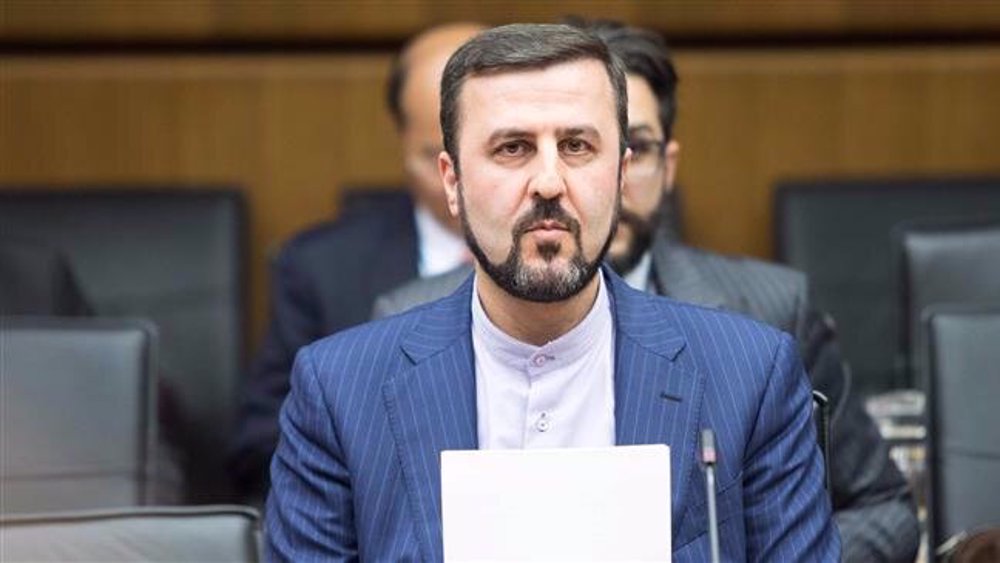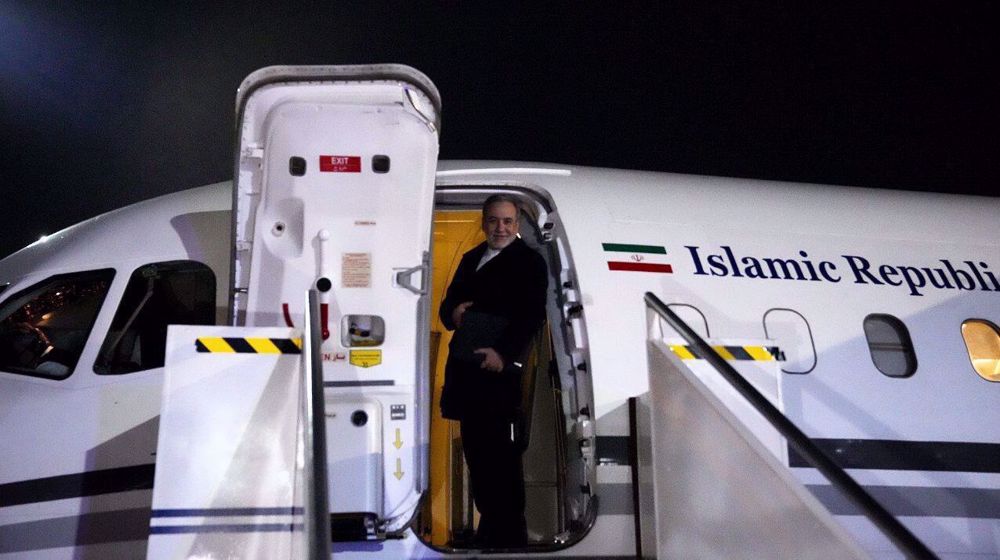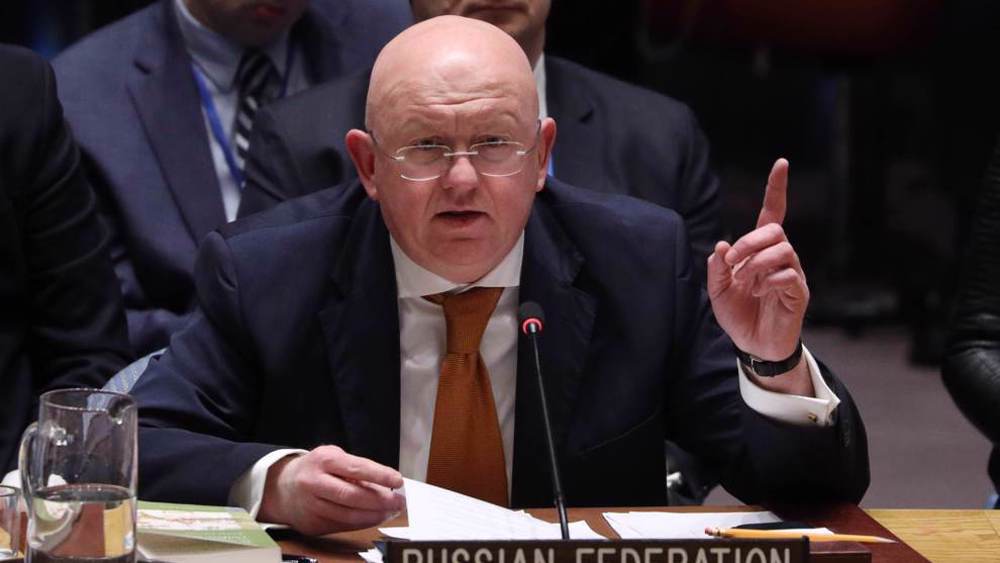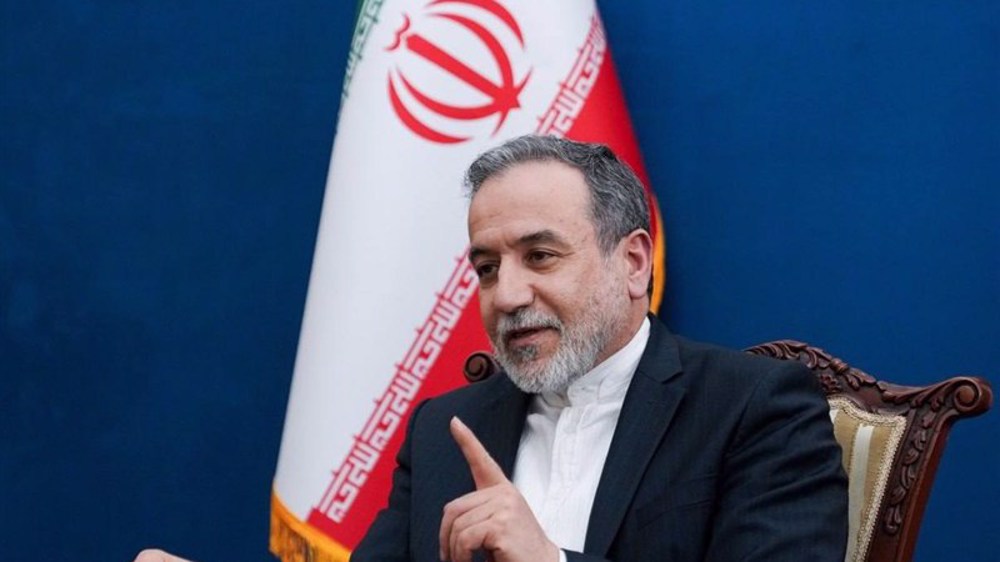IAEA report reflects Iran’s implementation of Majlis’ strategic law: Envoy
Iran’s permanent representative to Vienna-based international organizations says a recent report by the UN nuclear agency serves to verify the Islamic Republic’s implementation of a strategic parliamentary law that has widened the scope of the country’s nuclear countermeasures.
Kazem Gharibabadi made the remarks in the Austrian city on Monday, addressing reporters about the quarterly report that the International Atomic Energy Organization (IAEA) released earlier in the day.
The report outlined how Iran had reduced its nuclear commitments in several key areas, including the extent of its enriched uranium stockpile. According to the report, the Islamic Republic has increased its stockpile of the material to around 16 times the limit that has been specified in the country’s 2015 nuclear agreement with world countries.
The measure fits within the December 2020 law passed by Majlis (Iranian parliament) that tasked the administration with suspending more commitments under the nuclear deal.
The law that is officially known as the Strategic Action Plan to Counter Sanctions, was adopted in order to further Iran’s counter-steps in the face of the United States’ and its European allies -- the UK, France, and Germany’s -- non-commitment to the nuclear deal.
The US left the nuclear accord, officially known as the Joint Comprehensive Plan of Action (JCPOA), in 2018 and returned the sanctions that the agreement had lifted. The European trio chose to abide by the economic bans, instead of standing up to Washington’s illegal and unilateral actions.
The IAEA report also outlined the other areas, where Iran had reduced its cooperation with the body in line with Majlis’ legislation, including suspending the country’s implementation of the Additional Protocol to the nuclear Non-Proliferation Treaty (NPT). The protocol allows the IAEA inspectors to carry out closer inspections of Iran’s nuclear energy program.
The IAEA has, meanwhile, been incapable of inspecting Iran’s Natanz and Fordow nuclear facilities due to the country’s new approach, the report said, adding that the Islamic Republic had also stopped reporting on the size of its heavy water reservoir to the agency.
‘Ready for next round’: Million-man rally in Yemen backs Gaza, resistance
FM Araghchi departs Muscat for Doha following nuclear talks with US
Israeli keeps killing more Palestinian civilians in Gaza amid relentless ceasefire violations
Aliyev: Azerbaijani territory will not be used for threats against Iran
Turkey arrests two on charges of spying for Israeli regime
Iran FM declares ‘good start’ as US–Iran talks conclude in Muscat
Iran strongly condemns 'terrorist' mosque blast in Islamabad
Iran enters talks backed by national power, popular support: MP












 This makes it easy to access the Press TV website
This makes it easy to access the Press TV website